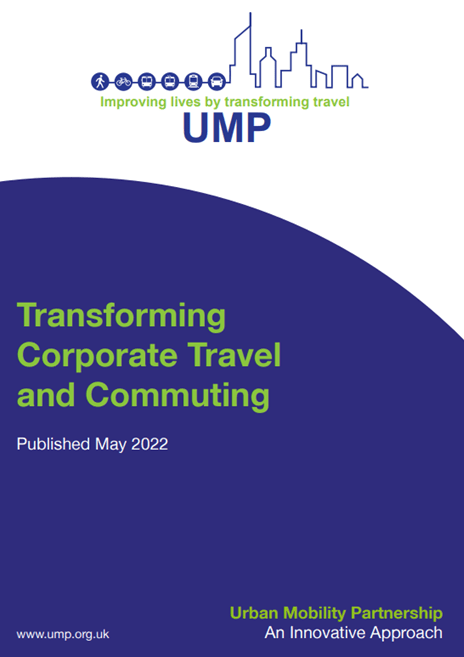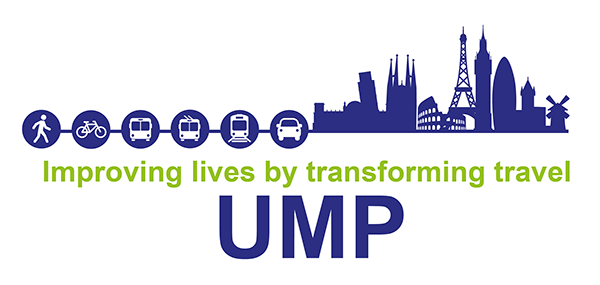The last 2 years have seen society experience unprecedented challenges and changes, the effects of which will inevitably last for a long time. However, some of the challenges we faced pre-pandemic are now coming back into focus. Across towns and cities, congestion and poor air quality remain significant issues and these are just part of wider societal challenges of addressing climate change and decarbonisation.
Through ours and our members work, we have identified corporate travel and commuting as two areas where behavioural and policy changes can have a significant impact on reducing congestion and improving air quality. Even during the height of the pandemic in 2020, around 20% of all journeys made in the UK were made for either business travel or commuting with many of these journeys being completed as single occupancy private car trips. These vehicles are on average 8.5 years old and some of the most polluting vehicles on the road. Yet many organisations both in the public and private sector use this as one of their most common forms of conducting corporate travel.
There are a variety of issues with continuing to make use of grey fleet for corporate travel including environmental issues, the cost inefficiency, as well as outlining how people can change the way they commute to and from their place of work and this paper outlines the steps organisations can take to address this. There is also a significant role for central government in changing policies which could help to alter the current mindset around corporate travel and commuting.
This paper provides both practical implementation advice, with supporting case studies of organisations who have successfully changed their and their employees’ habits, and policy proposals outlining what is required from national and local government in order to support organisations and businesses deliver on their ambitions.

Address
24 Southwark Bridge Road
London
SE1 9HF
